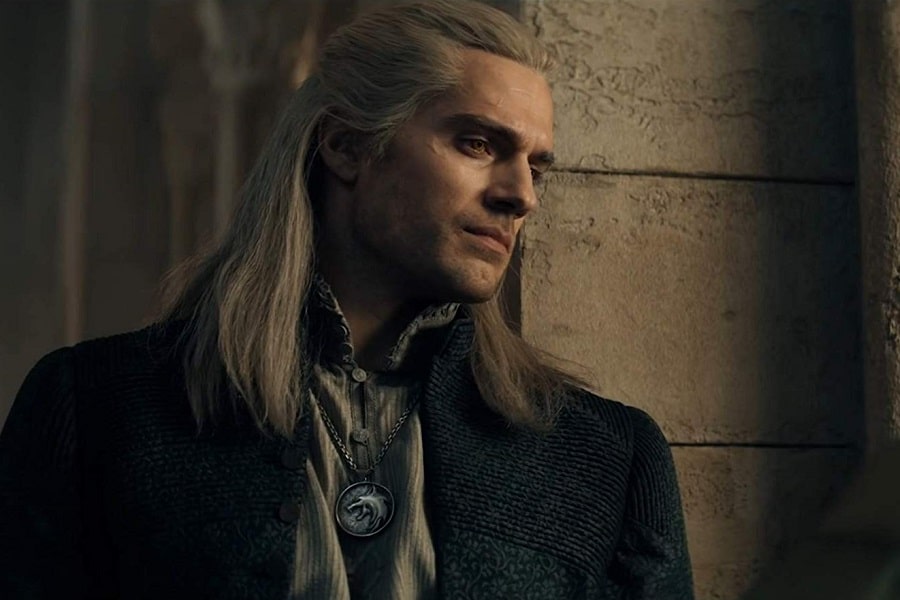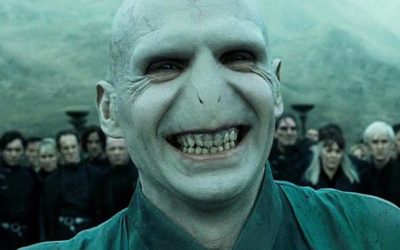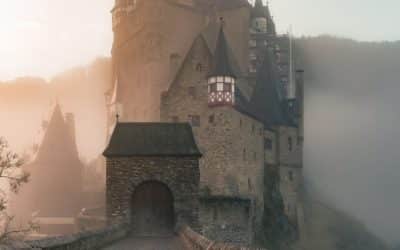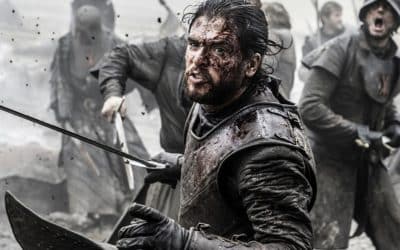
The Witcher's Web
Unsheathing its silver sword amidst the tangled narratives of fantasy, The Witcher, whether in its original literary form or its screen adaptation, surprisingly carves out a niche within the thrilling realm of suspense and intrigue. Behind the veneer of its mythical beasts and magic, The Witcher’s heart throbs with the electrifying rhythm of a thriller.
The Witcher, at first glance, presents a realm of fantastical creatures, sorcery, and otherworldly landscapes. It conjures up a universe steeped in magic and the supernatural, often placing our stoic protagonist, Geralt of Rivia, in a whirlwind of deadly quests and mystical confrontations. However, the moment one looks past the magical allure, an intricate tapestry of suspense, psychological tension, and narrative complexity unravels, pointing towards its thriller-esque roots.
Thrillers hinge on heightened feelings of suspense, excitement, surprise, and anticipation. Their narrative framework is an intricate puzzle — a blend of complex characters, twisted plotlines, high stakes, and relentless tension. On this ground alone, The Witcher finds a firm footing within the realm of thrillers.
The series’ narrative structure is a spider’s web of interlacing threads that slowly converge into a formidable tapestry. It holds a narrative labyrinth that weaves Geralt’s seemingly disparate adventures into an overarching plot. The fragmented timeline, which initially may disorient the viewer, is a strategic tool of suspense. It leaves breadcrumb trails of clues and revelations, inviting viewers to piece together the narrative puzzle, echoing a classic technique employed by thrillers.
The Witcher’s protagonist, Geralt of Rivia, is a character study in complexity and contradiction. His character breaks away from the archetype of a one-dimensional, muscle-bound monster-slayer and delves into the realms of emotional depth and moral conflict. The gruff exterior of the seemingly invincible Witcher cloaks an individual grappling with his place in a world that both needs and fears him. This psychological tension injects a sense of authenticity into his character and aligns with the nuanced character explorations often found in thrillers.
The series amplifies the stakes by introducing political intrigue, power struggles, and looming wars into its narrative cauldron. Much like a thriller, the sense of danger in The Witcher is not limited to the monsters Geralt battles. Instead, it pervades the political landscape, with kingdoms teetering on the edge of war, clandestine plots brewing in the shadows, and power dynamics shaping the characters’ destinies.
Moreover, the Witcher world is riddled with moral ambiguity. Each character, regardless of their allegiance, is bound by their motivations, desires, and fears, blurring the lines between heroes and villains. This greyscale portrayal of characters adds layers of complexity to the narrative and mirrors the real world’s moral intricacies, offering another parallel to the thriller genre.
Interestingly, magic in The Witcher, far from being a whimsical plot device, often carries a sinister undertone. It’s a double-edged sword, equally potent for creation and destruction. The suspense around its unpredictable nature, the dire consequences of its misuse, and the undercurrents of fear it generates among ordinary folk, resonate with the sense of peril characteristic of thrillers.
Sorceresses like Yennefer and Fringilla embody this dichotomy, with their magic as much a source of power as it is a cross to bear. Their tumultuous journey showcases personal sacrifice, identity struggles, and power dynamics, again anchoring The Witcher into the thriller genre.
However, the comparison would remain incomplete without acknowledging The Witcher’s nuanced exploration of societal and existential themes. The series dwells on discrimination, the nature of evil, destiny, and the freedom of choice, which echo the thoughtful exploration of themes common to many thrillers.
In the grand scheme, The Witcher, with its multi-layered narrative, complex characters, political intrigue, and tension-laden storyline, undeniably draws from the thriller genre. Its rich tapestry of suspense and anticipation, coupled with psychological and thematic depth, aligns it more closely to a thriller than the traditional fantasy narrative.
Sure, The Witcher boasts a repertoire of mythical creatures, magic, and battles. But at its core, it stands as a testament to the fact that fantasy and thrillers are not mutually exclusive. By seamlessly merging the fantastical with the suspenseful, The Witcher has managed to carve a unique space in the vast landscape of genre storytelling. It’s a beast-hunting, potion-brewing, sword-wielding ballet of suspense and complexity that thrusts viewers into a whirlwind of surprises, making it an exhilarating ride on the rollercoaster of thrillers.
More Fantasy Thriller Features
Horror and Harry Potter
Harry Potter as a Horror Thriller
Two Fantasy Novels that are Actually Thrillers
Why A Song of Ice and Fire and The Wheel of Time are also thrillers
The Fantasy Thriller
How A SONG OF ICE & FIRE shaped the genre



